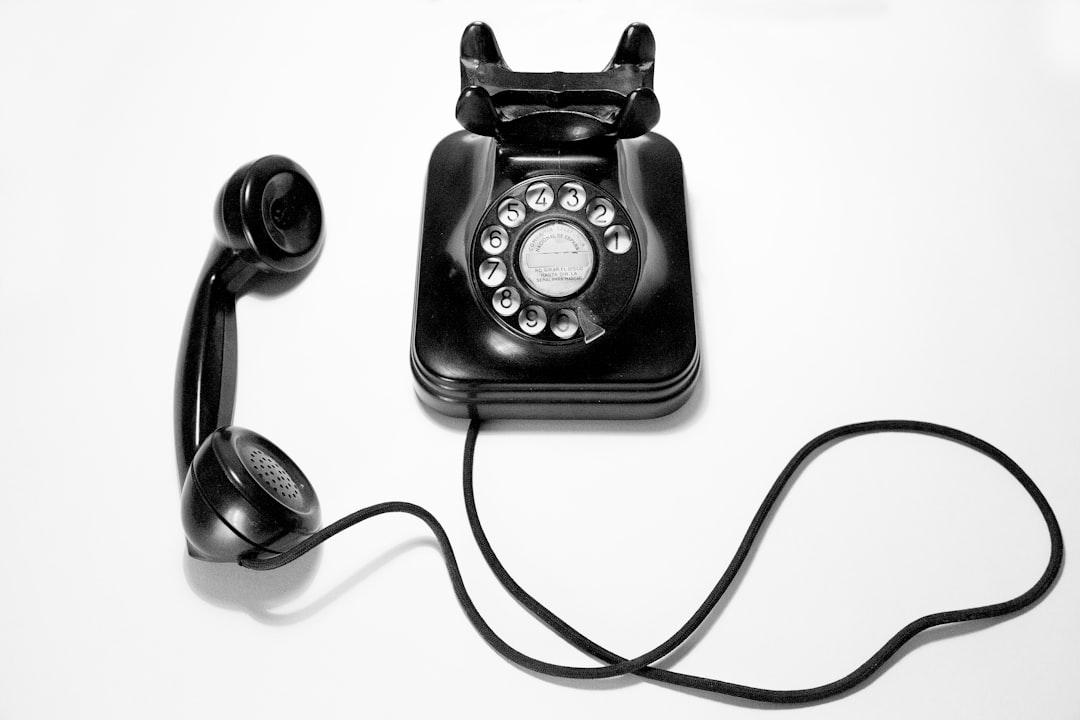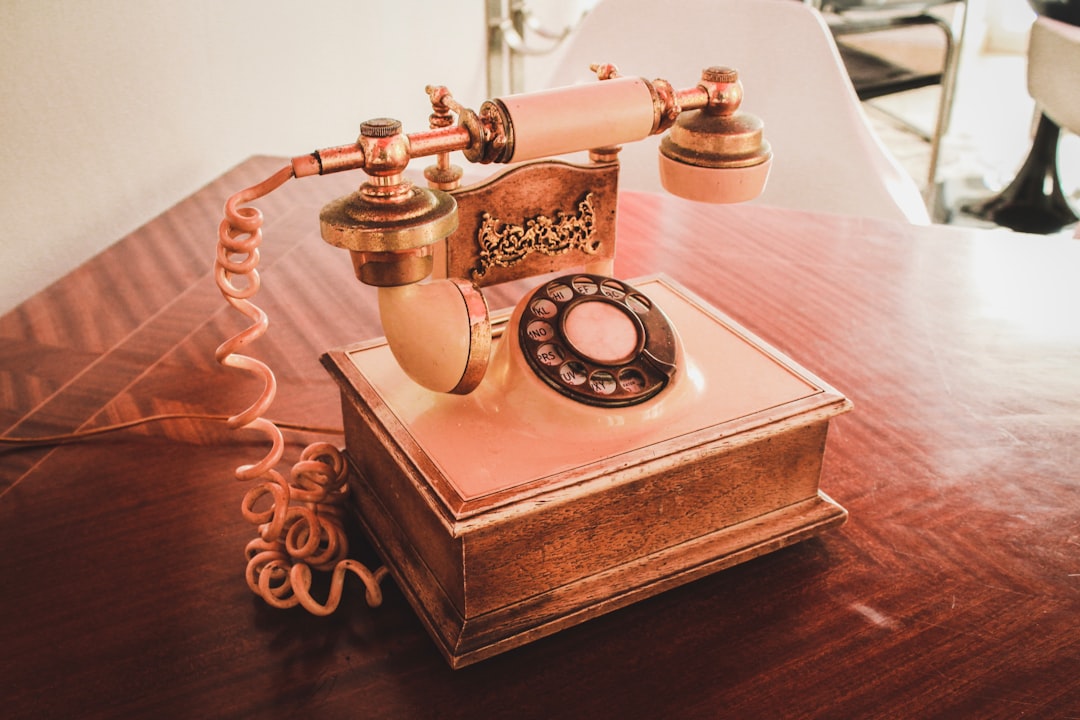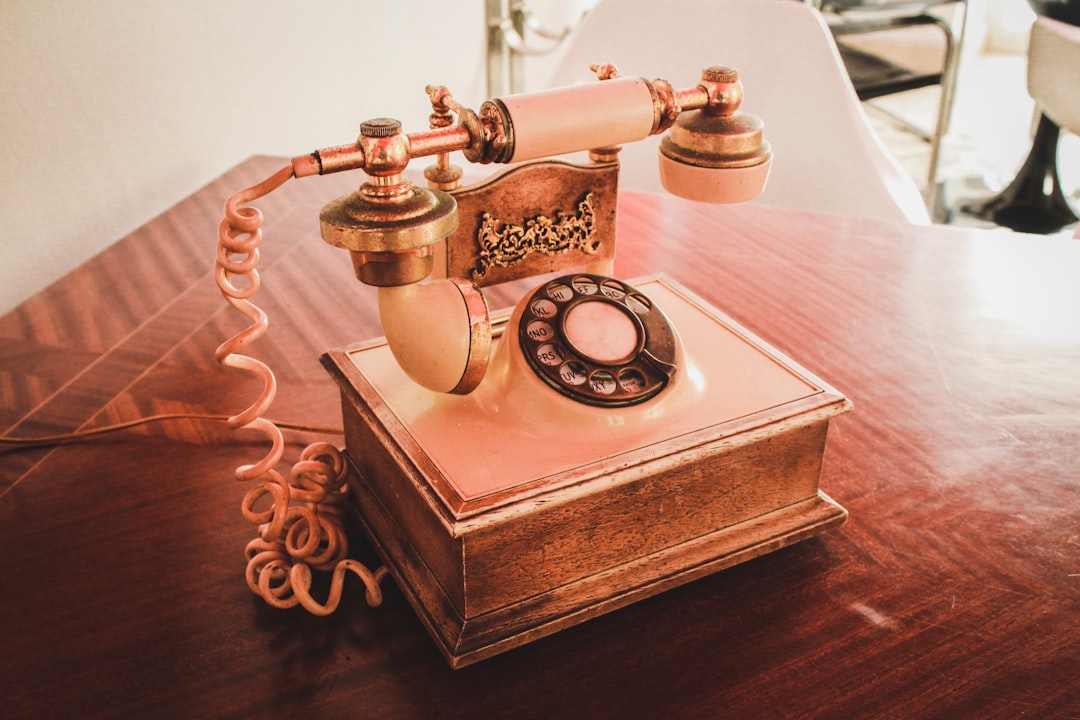Spam calls pose a significant challenge for nonprofits in Minnesota, disrupting operations, consuming resources, and diverting funds from core mission activities. With strict regulations under the Consumer Protection Act, including penalties of up to $10,000 per violation, nonprofits must adhere to guidelines prohibiting unsolicited calls unless consented to by recipients. To combat spam calls, nonprofits should register for do-not-call lists, leverage technology like call blocking software, and consult a Spam Call law firm Minnesota for advanced tools, staff training, and legal dispute representation.
Spam calls are a persistent problem affecting businesses across Minnesota, including nonprofits. As these unwanted communications grow in frequency and sophistication, they pose significant challenges to organizations already working with limited resources. This article explores the impact of spam calls on Minnesota’s nonprofit sector, delves into relevant legal frameworks, like Minnesota’s strict Spam Call Law, and offers strategic advice to combat this modern-day nuisance. Discover best practices and resources to protect your nonprofit from these intrusive interruptions.
Understanding Spam Calls: A Prevalent Issue in Minnesota
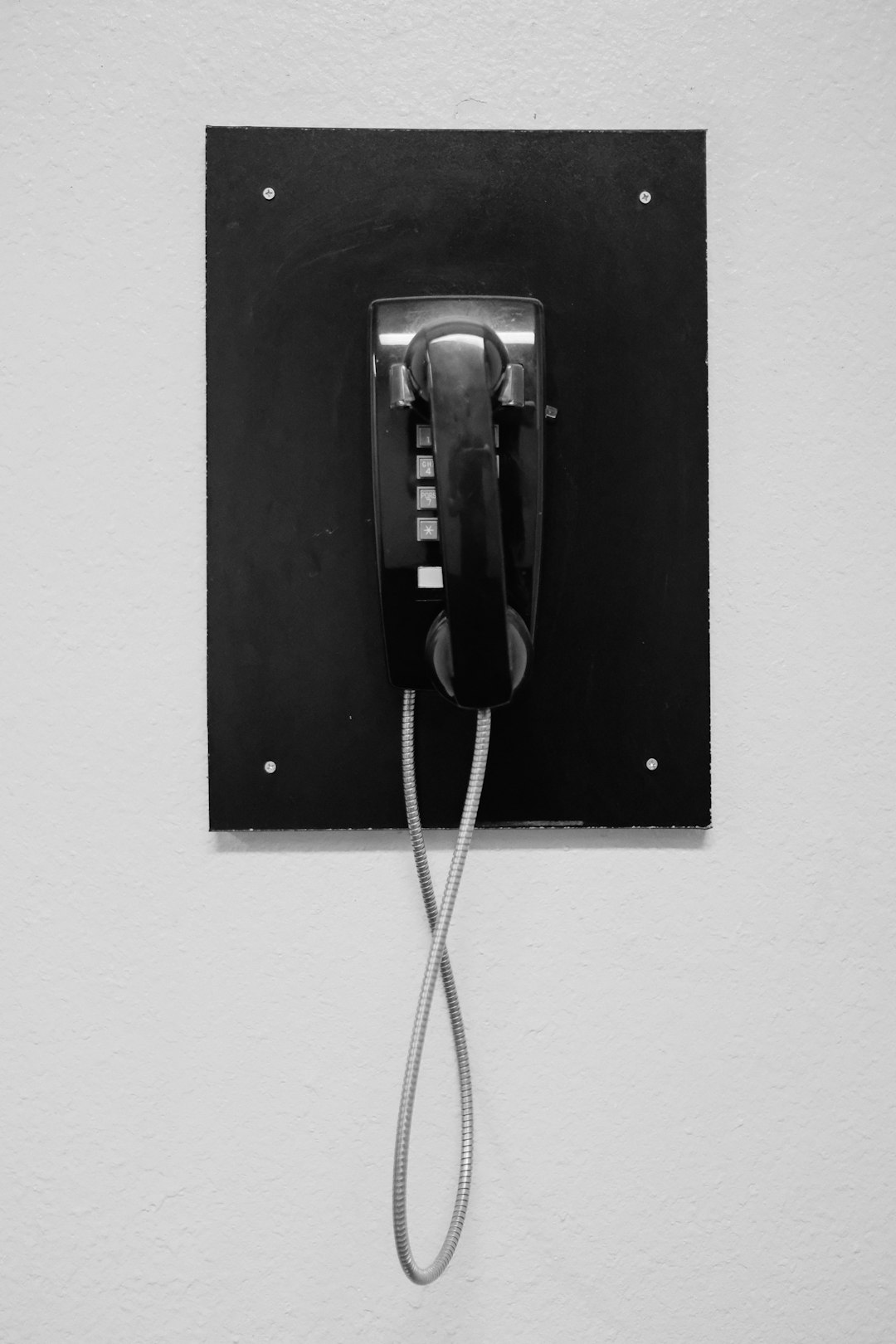
Spam calls, or unsolicited telephone marketing calls, are a prevalent issue in Minnesota, affecting individuals and organizations alike. With advancements in technology, scammers have found new ways to reach their targets, making it more challenging for businesses, especially nonprofits, to distinguish between legitimate calls and those intended for deception. The abundance of spam calls has led many to seek legal recourse through reputable Spam Call law firms in Minnesota to protect their privacy and peace of mind.
Nonprofit organizations in the state often rely on phone communications for fundraising, program promotion, and volunteer engagement. However, the constant influx of spam calls can be overwhelming, leading to decreased efficiency and potential donor frustration. Understanding the legal frameworks surrounding telemarketing practices is crucial for these organizations to assert their rights and defend against intrusive calls.
The Impact on Nonprofit Organizations: Time and Resource Drain

Spam calls, while a nuisance for everyone, present a unique challenge for nonprofit organizations in Minnesota. These unwanted phone interactions can significantly impact their operations and resources. Nonprofits often rely on volunteer time and dedicated staff to manage various tasks, including fundraising, outreach, and community engagement. When a substantial number of these calls are spam, it becomes a drain on their time and energy. Staff and volunteers might spend valuable hours trying to deal with these calls, either by answering, blocking, or reporting them, which could otherwise be directed towards more productive initiatives.
Moreover, the constant influx of spam calls can disrupt daily operations and create additional administrative burdens. Nonprofits may have to invest in call-blocking technologies or hire additional staff to handle the issue, diverting funds that could be allocated to core mission activities. With a growing awareness of consumer rights, many states, including Minnesota, have implemented Spam Call laws, offering some protection. However, staying compliant and managing these calls can still be a complex task for organizations already stretched thin by their missions.
Legal Framework: Minnesota's Spam Call Law and Penalties

In Minnesota, spam calls are regulated by the state’s Consumer Protection Act, which includes specific provisions targeting telemarketing practices. A spam call law firm in Minnesota can offer guidance on navigating this legal framework. The act prohibits unsolicited telephone marketing calls except when specifically permitted or consented to by the recipient. Violations of this law can result in substantial penalties for call centers and individuals making these unwanted calls. Fines can reach up to $10,000 per violation, with additional damages if it’s found that the caller intentionally targeted vulnerable populations or caused significant harm to consumers.
Minnesota’s Attorney General’s Office actively enforces these regulations, working to protect residents from deceptive or harassing telemarketing practices. Nonprofit organizations in the state should be aware of their responsibilities when making outbound calls for fundraising or other purposes. By understanding and adhering to the Spam Call law firm Minnesota guidelines, nonprofits can ensure they are not only compliant but also building trust with potential donors by respecting individuals’ right to refuse unsolicited communications.
Strategies to Combat Spam Calls for Nonprofits
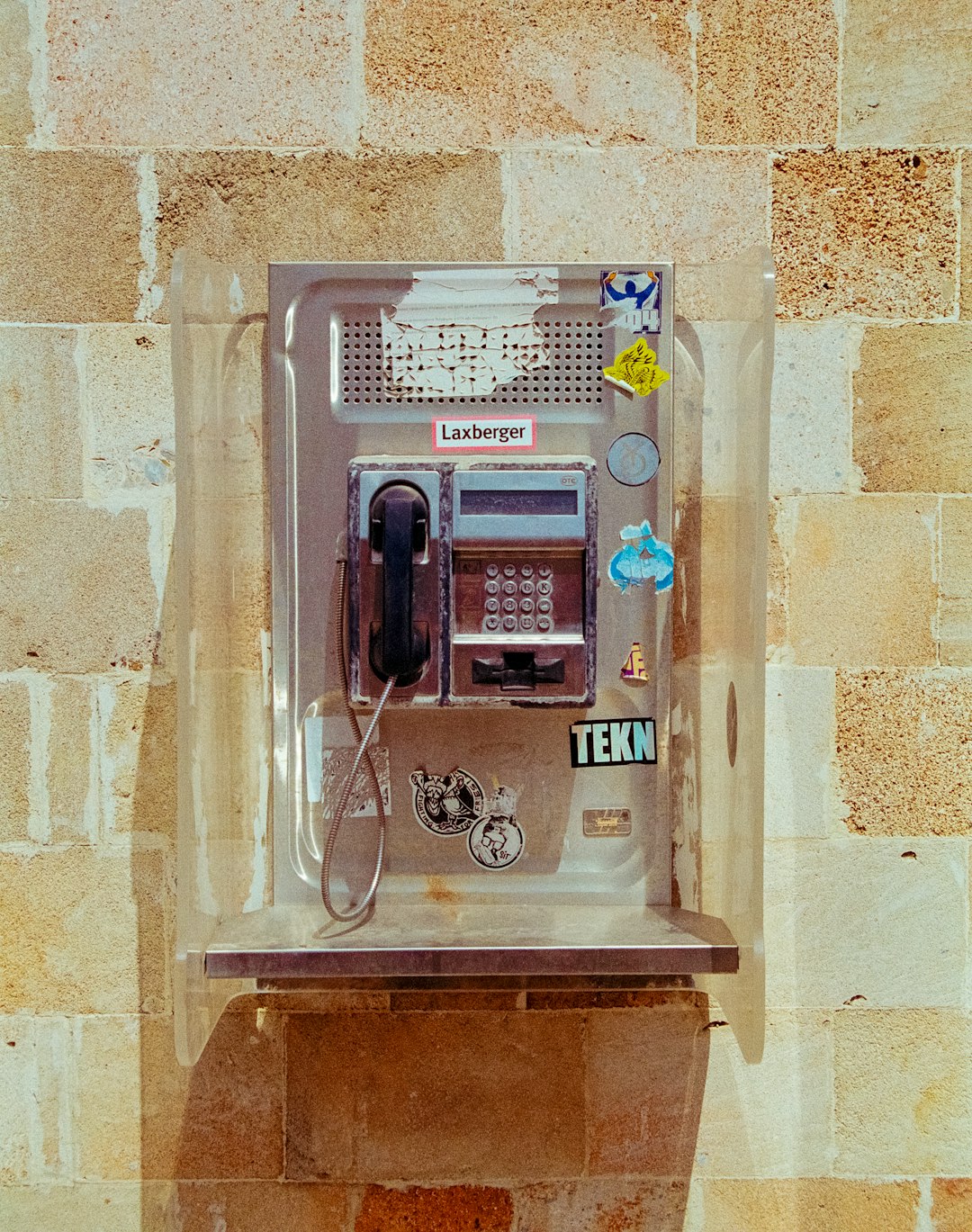
Nonprofit organizations in Minnesota, like elsewhere, face a unique challenge in the form of spam calls. These unwanted phone interactions can be disruptive and costly, especially for organizations with limited resources. To combat this issue, several effective strategies are available.
First, registering for do-not-call lists is crucial. Many states, including Minnesota, have specific laws governing spam calls, offering individuals and entities the right to opt-out of unsolicited phone marketing. Nonprofits can protect themselves by ensuring their contact information is on these official lists. Additionally, leveraging technology is beneficial; call blocking software and automated screening systems can significantly reduce the volume of spam calls received. Engaging with a reputable Spam Call law firm Minnesota can provide specialized guidance and access to advanced tools designed to mitigate these intrusions, ensuring nonprofits can focus on their mission without constant interruptions.
Protecting Your Organization: Best Practices and Resources

To protect your nonprofit organization from spam calls, it’s essential to implement robust strategies that align with the Spam Call law firm Minnesota regulations. Start by educating your staff about identifying and blocking unwanted calls. Implement call screening tools and consider using automated systems that filter out spam. Regularly update contact lists and ensure only approved numbers are in your database.
Additionally, stay informed about state and federal laws pertaining to spam calls. A reputable Spam Call law firm Minnesota can offer valuable guidance tailored to nonprofits. They can assist in drafting clear call policies, conducting staff training, and even representing your organization in case of legal disputes related to spam calls.




